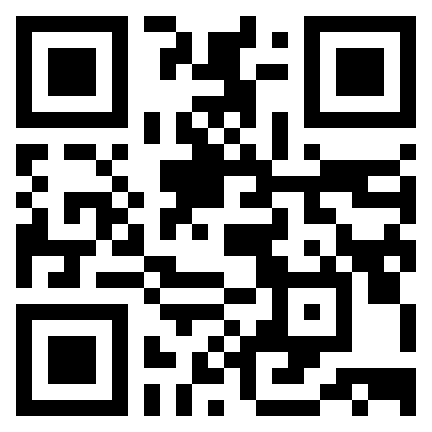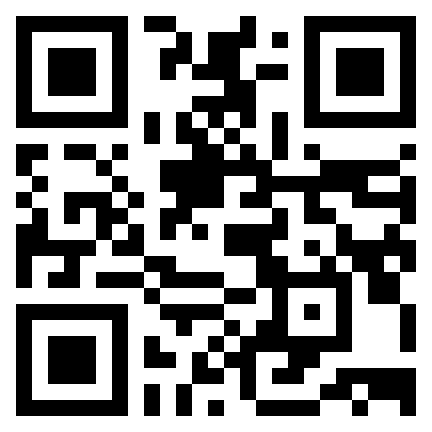
But some of its users are not.
Shhhhh! Don't tell anyone, but everyone who uses the WWW is a beginner, neither we nor you nor they nor any group of thousands of them will ever see or understand all the information available on line. The Web interconnects people, businesses, organizations and whole societies that don't know one another well, or at all. We can with a few clicks of the mouse find ourselves out of our element. So it's important to be extra careful when dealing with distant new associates on line.
AABL folk are on line most of the work day, and we see a lot of interaction and information that is at best questionable. So we're accumulating a short list of sites to help people who aren't web nerds (yes, the "N" word). Our rule of thumb is: At the first red flag go elsewhere.
Internet Self-Defense 101
- Don't give out your personal email address to anyone you don't really want to write to you; limit the recipients to your "inner circle."
- Don't post your email openly on your web site or use it in "mailto" links. This is now the most widely used means of gathering addresses for spam. It's no trick at all to write a program that just roams the web looking for this string of characters and "harvesting" the adjacent address.
- "Spare email" is FREE. Obtain an address at Hotmail or Yahoo in addition to the one given you by your Internet Service Provider; keep the latter a secret. Alternatively, have your ISP assign you one or more pseudonyms. Use the alternate address for interactions with people you just met.
- Use a different email address for home and work, especially if you work at home, and keep the difference firmly in your mind as you send and receive.
- Put one of your pseudo-addresses on your business card. If you have a problem with spam, it's easy and cheap to reprint the cards and inform those who need to know your new (pseudo-) address. Don't tell them you're doing this; you don't need their permission.
- Use a different email address for online commercial transactions that is NEITHER your work or personal address.
- Don't fall in love with your email nickname; be prepared to abandon your temporary email addresses instantly if you start getting junk mail or if you have a problem with a correspondent. After all, your mom has the real one (see #1).
- Don't help spammers (people who send unsolicited email) by telling them the email address of everyone you know.
- Your email program has a BCC line. That stands for 'blind courtesy copy.' It may be necessary to activate it in the mail program's settings, and if your mail program doesn't have this feature, dump it and get another one.
- When sending mail to more than one person, don't put the entire list of recipients into the TO or CC line. Send the mail to yourself, with all the real recipients in the BCC line.
- If you do this, each recipient will receive it independently of the others, and none will know it was part of a group mailing.
- Don't use this technique to create your own spam, or we'll have to hunt you down and alter your anatomy.

Internet Self-Defense 201
TrainingThese sites offer training on how to build your own content and get the most for your Web dollars. Most offer some products, e.g., books, to help you. Most of that content is available free with a little searching; the Web is, after all, the repositary of nearly all new information being created today.
|
Scams and HoaxesThese sites offer updates on scams, hoaxes and "urban legends" that are distributed via the Web or email. None of them, however, has come up with a way to help those who are stuck on stupid. If it seems too good to be true, it is.
|
Family-Friendly WebThese sites offer software and services designed to filter various types of supposedly adults-only content. Be advised: They sometimes filter content you DO want, based on lists of keywords. If you are looking for information on the genders of lizards and the site says "The sex of the infant lizard is hard to determine for the untrained," the justaposition of "sex" and "infant" will cause the less sophisticated filters to bounce the page. This is referred to by the web's real grown-ups as "stupid." Our advice: Save the money; take your kids to lunch; put the computer in the living room. But if you must...
|







